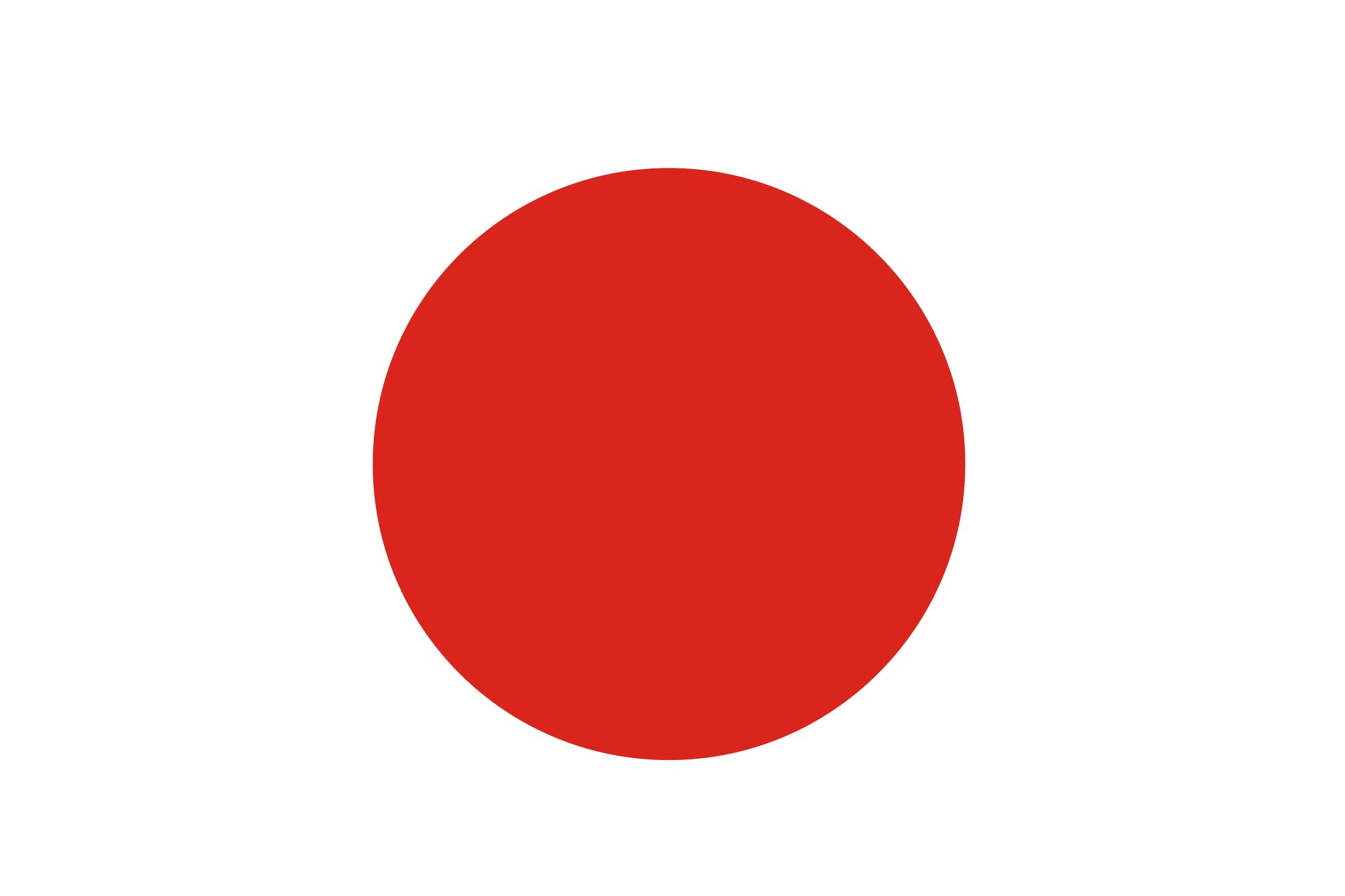

伟大头脑No.54
Bill Gates&Jonathan Haidt
乔纳森·海特与比尔·盖茨的世纪对话:当“焦虑一代”遇见“数字先知”——关于技术、童年与人类未来的深度碰撞。

3个月前,盖茨公布了自己最新年度书单。思想家、心理学家海特的新书《焦虑的一代》The Anxious Generation赫然在列。盖茨的大女儿向他推荐了这本书,他很喜欢这本书,并专门为这本书写了推荐序(下滑可查看原文)。
书中呈现了一组令人震惊的数据对比:2010年前后,随着智能手机和社交媒体的普及,美国青少年的心理健康指标出现断崖式下跌:
>10-14岁女孩自杀率10年间激增131%;
>青少年重度抑郁症发病率增长145%;
>自残行为发生率上升189%。
"这不是自然演变,而是一场人为制造的灾难。"海特指出,2010-2015年这五年间,人类童年经历了史上最剧烈的转型——从"玩耍式童年"转向"手机式童年"。
海特在书中指出,“我们在现实中对孩子过度保护,却在社交媒体放任他们裸奔”。孩子们在短视频里学习恋爱,在美颜滤镜中认知自我,在点赞数里衡量价值……
新书重磅上市,点击海报入手:
立减30元+包邮到家+赠送导读手册

被屏幕“抚养”长大的“完全数码一代”(1995年及以后出生的孩子),成为了最焦虑的一代。技术带来集体困境——我们与手机的关系过度亲密。
《焦虑的一代》一经出版就荣登《纽约时报》畅销榜No.1、亚马逊家教类图书Top1,荣获Goodreads年度最佳非虚构奖,被评为《泰晤士报》《经济学人》《金融时报》年度最佳图书。

本期[伟大头脑],盖茨与海特将开启一场对谈。
他们会聊到盖茨阅读这本书的感悟,会聊到他们在生活中的体认,以及他们观察到的“数码一代”的社会生存现状,当然还有他们的忧虑与倡导……
是先教育孩子,还是先教育自己?阅读《焦虑的一代》,是一场重新认识自我、重建生活秩序的起点。
选择你和手机的关系,就是选择成为什么样的人。


这本书,是我写给数字时代的“诊断书”。十年前,当孩子们开始用拇指滑动屏幕而非在泥地里奔跑时,我就意识到——我们正在经历一场史无前例的“童年大重置”Great Rewiring。
数据显示,2010年后青少年自杀率激增131%,自残行为上升189%,而这一切与智能手机的普及曲线惊人重合。
我写它,不是为批判科技,而是想唤醒一个共识:我们发明了连接世界的工具,却可能因此失去一代人的心理健康。

三个月前,我读完这本书后彻夜难眠。海特戳中了一个残酷真相——今天的父母在现实世界过度保护孩子,却在数字世界放任他们“裸奔”。
这让我想起自己的童年:13岁和保罗·艾伦住在电厂编程,父母甚至不知道我几点回家。那些“失控”的冒险,教会我的远比教科书更多。而现在,孩子们连“无聊”的权利都被算法剥夺了。

这正是我们对话的起点。你的年度书单推荐让《焦虑的一代》登上全球热搜,但也引来硅谷CEO们的怒火——有人说我砸了他们的“多巴胺经济”。
可数据不会说谎:青少年日均屏幕娱乐6-8小时,前额叶皮质发育被干扰,深度思考能力退化到金鱼水平(专注力仅8秒)。我们究竟在创造怎样的一代人?

90年代我的“思考周”里,只有书籍、论文和胡德运河的风声。如果当时有TikTok,微软或许永远不会诞生。
你的书让我后怕:当每个“兔子洞”都被推送填满,人类还会保留探索未知的本能吗?

神经研究证明,默认模式网络(大脑离线状态)是创造力的源泉,而它正被24小时在线摧毁。更可怕的是双重危机——
现实过度保护:游乐场滑梯被消毒,冒险精神遭阉割; 数字监管真空:算法像可卡因一样劫持青少年大脑,硅谷工程师亲口承认APP设计参考成瘾机制。

我的儿科医生女儿说,她接诊的厌食症少女都在模仿Instagram的“大腿间隙挑战”。而男孩们呢?在《堡垒之夜》组队厮杀,现实社交却成了哑巴——这不仅是心理危机,人类认知能力的集体退化。
或许微软该开发“数字断食”系统——连续深度工作2小时,自动解锁户外导航图?但真正的变革需要政策杠杆:比如对青少年社交媒体的年龄验证,不能靠家长孤军奋战。


这本书最想传递的不是恐惧,而是希望。当我们意识到问题,改变就已开始——就像你的“思考周”,本质是一场对抗分心时代的仪式。

AI正在取代医生和教师,但人类独有的“意义智能”无法被编码——那是泥地里的伤疤、深夜的哲学追问、还有犯错的权利。或许,我们该把《焦虑的一代》放进每个科技公司的伦理委员会,让它成为数字文明的“刹车片”。
盖茨的《焦虑的一代》阅读笔记

Growing up, I was always going down rabbit holes to explore whatever caught my interest or captured my curiosity. When I felt restless or bored—or got in trouble for misbehaving—I would disappear into my room and lose myself in books or ideas, often for hours without interruption. This ability to turn idle time into deep thinking and learning became a fundamental part of who I am.
小时候,我总喜欢钻进各种“兔子洞”,探索任何引起我兴趣或激发我好奇心的东西。当我感到不安、无聊,或因为调皮捣蛋惹上麻烦时,我就会躲进房间,沉浸在书籍或奇思妙想中,常常连续几个小时不受打扰。这种将闲暇转化为深度思考与学习的能力,成为了我性格的核心部分。
It was also crucial to my success later on. At Microsoft in the ’90s, I began taking an annual “Think Week,” when I would isolate myself in a cabin on Washington’s Hood Canal with nothing but a big bag of books and technical papers. For seven days straight, I would read, think, and write about the future, interacting only with the person who dropped off meals for me. I was so committed to uninterrupted concentration during these weeks that I wouldn’t even check my email.
这种习惯对我后来的成功也至关重要。上世纪90年代在微软工作时,我开始每年进行一次“思考周”——我会带着一大袋书籍和技术论文,独自躲进华盛顿胡德运河边的小木屋。整整七天,我只阅读、思考和撰写关于未来的文章,唯一接触的人就是给我送餐的人。那段时间里,我如此专注于不受干扰的思考,甚至连电子邮件都不查看。
Reading Jonathan Haidt’s The Anxious Generation has made me wonder: Would I have developed this habit if I had grown up with today’s technology? If every time I was alone in my room as a kid, there was a distracting app I could scroll through? If every time I sat down to tackle a programming problem as a teenager, four new messages popped up? I don’t have the answers—but these are questions that everyone who cares about how young minds develop should be asking.
阅读乔纳森·海特的《焦虑的一代》时,我不禁自问:如果我成长在当今这个科技时代,还能培养出这样的习惯吗?如果小时候每次独处时,都有让人分心的应用程序可以刷?如果十几岁坐下来解决编程问题时,总有四条新消息弹出来?我没有答案——但每个关心年轻人思维发展的人都应该思考这些问题。
Haidt’s book, about how smartphones and social media have transformed childhood and adolescence, is scary but convincing. Its premise—that starting in the early 2010s, there was a “great rewiring” of an entire generation’s social and intellectual development—was interesting to me in part because I saw it happen in my own house. When my oldest daughter (a pediatrician who recommended the book to me) was in middle school, social media was present but not dominant. By the time my younger daughter reached adolescence six years later, being online all the time was simply part of being a pre-teen.
海特的这本书探讨了智能手机和社交媒体如何改变童年与青春期,读来令人不安却极具说服力。书中提出的“童年大重置”(即自2010年代初起,整代人的社交与智力发展被彻底重构)之所以引起我的共鸣,部分原因是我在自家孩子身上目睹了这一变化。当我的大女儿(一位向我推荐此书的儿科医生)上初中时,社交媒体虽已存在但尚未占据主导地位;六年后我的小女儿进入青春期时,“永远在线”已成为青少年生活的默认状态。
What makes The Anxious Generation different from other books on similar topics is Haidt’s insight that we’re actually facing two distinct crises: digital under-parenting (giving kids unlimited and unsupervised access to devices and social media) and real-world over-parenting (protecting kids from every possible harm in the real world). The result is young people who are suffering from addiction-like behaviors—and suffering, period—while struggling to handle challenges and setbacks that are part of everyday life.
《焦虑的一代》与其他同类书籍的不同之处在于,海特犀利地指出我们实际上面临双重危机:数字放任养育(让孩子无限制、无监管地接触设备和社交媒体)与现实过度保护(在现实世界中保护孩子远离一切潜在伤害)。其结果是一代年轻人既沉溺于类似上瘾的行为,又因被剥夺处理日常挑战与挫折的机会而痛苦不堪。
My childhood was marked by remarkable freedom—something that might surprise people who assume I spent all day glued to a computer indoors. I went hiking on trails that would terrify today’s parents, explored endlessly with neighborhood friends, and ran around Washington D.C. during my time as a Senate page. When I was in high school, Paul Allen and I even lived on our own for a few months in Vancouver, Washington, while working as programmers at a power company. My parents didn’t know where I was half the time, and that was normal back then. While I got hurt on some of these adventures and got in trouble on many others, these experiences were more beneficial than bad. They taught me resilience, independence, and judgment in ways that no amount of supervised, structured activity could replicate.
我的童年以惊人的自由为标志——这或许会让那些以为我整天宅在电脑前的人感到惊讶。我在如今家长看来堪称危险的步道上徒步,和邻居小伙伴无休止地探险,在担任参议院实习生的日子里跑遍华盛顿特区。高中时期,我和保罗·艾伦甚至曾在华盛顿州温哥华市的电力公司当程序员,独自生活了几个月。我的父母有一半时间不知道我在哪儿,而那时这再正常不过。虽然在这些冒险中受过伤、闯过不少祸,但这些经历利远大于弊。它们教会了我韧性、独立和判断力,这是任何被监督的、结构化的活动都无法复制的。
It wasn’t all fun and games, but I had what Haidt calls a play-based childhood. Now, a phone-based childhood is much more common—a shift that predated the pandemic but solidified when screens became important tools for learning and socializing. The irony is that parents these days are overprotective in the physical world and strangely hands-off in the digital one, letting kids live life online largely without supervision.
我的童年并非只有玩乐,但它符合海特所说的“游戏式童年”。如今更常见的则是“手机式童年”——这一转变在疫情前已现端倪,而当屏幕成为学习与社交的重要工具后彻底固化。讽刺的是,如今的家长在现实世界过度保护,却在数字世界异常放任,任由孩子在没有监管的虚拟空间生活。
The consequences are staggering. Today’s teenagers spend an average of six to eight hours per day on screen-based leisure activities—that is, not for schoolwork or homework. The real number might actually be much higher, given that a third of teenagers also say they’re on a social media site “almost constantly.” For the generation Haidt writes about, this has coincided with sharp spikes in anxiety and depression, higher rates of eating disorders and self-harm, plummeting self-esteem, and increased feelings of isolation despite more around-the-clock, on-demand connection than ever. Then there are the opportunity costs of a phone-based childhood that Haidt documents: less (and worse) sleep, less reading, less in-person socializing, less time outside, and less independence.
后果令人震惊。如今的青少年平均每天花6到8小时进行以屏幕为主的休闲活动(不包括课业)。考虑到三分之一的青少年自称“几乎不间断”使用社交媒体,真实数字可能更高。对海特笔下的这代人而言,这与焦虑抑郁激增、饮食失调与自残率上升、自尊心暴跌、以及尽管全天候在线却愈发强烈的孤独感同时发生。此外,海特还记录了“手机式童年”的机会成本:睡眠更少(且质量更差)、阅读量下降、线下社交减少、户外时间缩减、独立性流失。
All of this is concerning, but I’m especially worried about the impact on critical thinking and concentrating. Our attention spans are like muscles, and the non-stop interruptions and addictive nature of social media make it incredibly difficult for them to develop. Without the ability to focus intensely and follow an idea wherever it leads, the world could miss out on breakthroughs that come from putting your mind to something and keeping it there, even when the dopamine hit of a quick distraction is one click away.
这一切都令人担忧,但我尤其担心其对批判性思维和专注力的影响。我们的注意力如同肌肉,而社交媒体无休止的干扰和成瘾性使其难以发育。如果无法深度聚焦并跟随某个想法探索到底,世界可能会错过那些需要全身心投入才能实现的突破——即便快速分心的多巴胺快感只需点击一次就能获得。
Another alarming finding in the book is the significant gender divide at play here. Severe mental health challenges seem to have hit young women especially hard in recent years. Meanwhile, young men’s academic performance is worsening, their college attendance is dropping, and they’re failing to develop the social skills and resilience that come from real-world interaction and risk-taking. In other words: Girls are falling into despair while boys are falling behind.
书中另一个惊人发现是显著的性别差异。近年来,严重的心理健康问题似乎对年轻女性的冲击尤为剧烈。与此同时,年轻男性的学业表现恶化、大学入学率下降,且因缺乏现实互动与冒险而未能培养社交技能和韧性。简言之:女孩陷入绝望,男孩正在掉队。
The solutions Haidt proposes aren’t simple, but I think they’re needed. He makes a strong case for better age verification on social media platforms and delaying smartphone access until kids are older. Literally and figuratively, he argues, we also need to rebuild the infrastructure of childhood itself—from creating more engaging playgrounds that encourage reasonable risk-taking, to establishing phone-free zones in schools, to helping young people rediscover the joy of in-person interaction. Achieving this won’t come from individual families making better choices; it requires coordination between parents, schools, tech companies, and policymakers. It also demands more research into the effects of these technologies, and the political will to act on what we learn.
海特提出的解决方案并不简单,但我认为势在必行。他有力地论证了加强社交媒体平台年龄验证、推迟青少年接触智能手机的必要性。无论是字面还是隐喻意义上,他认为我们需要重建童年本身的基础设施——从设计鼓励适度冒险的趣味游乐场,到在学校设立无手机区,再到帮助年轻人重拾面对面互动的快乐。实现这些目标不能仅靠个别家庭做出更好选择,而是需要家长、学校、科技公司和政策制定者的协同合作。这还要求我们加大对技术影响的研究,并基于研究成果采取行动的政治意愿。
The Anxious Generation is a must-read for anyone raising, working with, or teaching young people today. With this book, Haidt has given the world a wake-up call about where we’re headed—and a roadmap for how we can change course.
《焦虑的一代》是当今所有养育、陪伴或教育年轻人者的必读之书。通过这本书,海特为世界敲响了关于未来走向的警钟——并提供了改变航向的路线图。

本期策划:Burt
编辑:芦丁
CHEERS CHEERS CHEERS
BD@cheerspublishing.com,
拜托点下“在看”
















































































































































